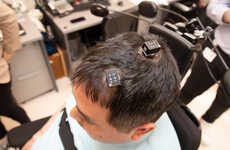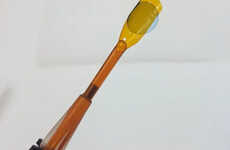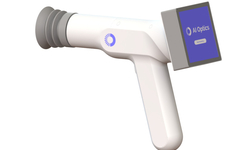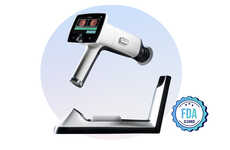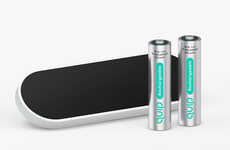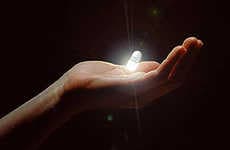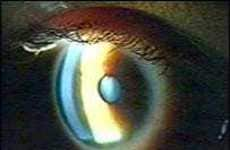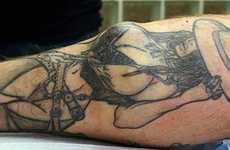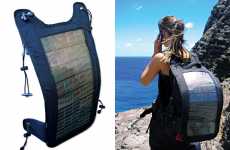
Cool Hunter — April 25, 2006 — Tech
References: newscientisttech & treehugger
AN IMPLANT that squirts chemicals into the back of your eye may not sound like much fun. But a solar-powered chip that stimulates retinal cells by spraying them with neurotransmitters could restore sight to blind people.
Unlike other implants under development that apply an electric charge directly to retinal cells, the device does not cause the cells to heat up. It also uses very little power, so it does not need external batteries.
Implications - Businesses that devote their efforts to using modern technological advancements to improve the quality of life for individuals will benefit in tremendous ways. They will be perceived as not only a highly skilled organization, but also as one that is compassionate.
Unlike other implants under development that apply an electric charge directly to retinal cells, the device does not cause the cells to heat up. It also uses very little power, so it does not need external batteries.
Implications - Businesses that devote their efforts to using modern technological advancements to improve the quality of life for individuals will benefit in tremendous ways. They will be perceived as not only a highly skilled organization, but also as one that is compassionate.
Trend Themes
1. Solar-powered Retinal Implants - The development of solar-powered retinal implants creates an opportunity for the medical industry to innovate and create better treatments for blindness and sight impairments.
2. Non-heating Retinal Stimulation Technology - The use of non-heating retinal stimulation technology in implants creates an opportunity for the medical industry to create safe and effective treatments for other neurological disorders.
3. Low-power Consumption Medical Devices - Low-power consumption medical devices, like the solar-powered retinal implant, create an opportunity for the medical industry to develop more sustainable and cost-effective treatments.
Industry Implications
1. Medical - The medical industry has the opportunity to innovate with retinal implant technology and other non-heating retinal stimulation devices for neurological treatments.
2. Technology - The technology industry has a role in developing low-power consumption medical devices and contributing to the advancement of retinal implant technologies.
3. Sustainability - The sustainability industry can leverage the technology used in the solar-powered retinal implant to create more sustainable and environmentally-friendly medical devices.
4.5
Score
Popularity
Activity
Freshness


